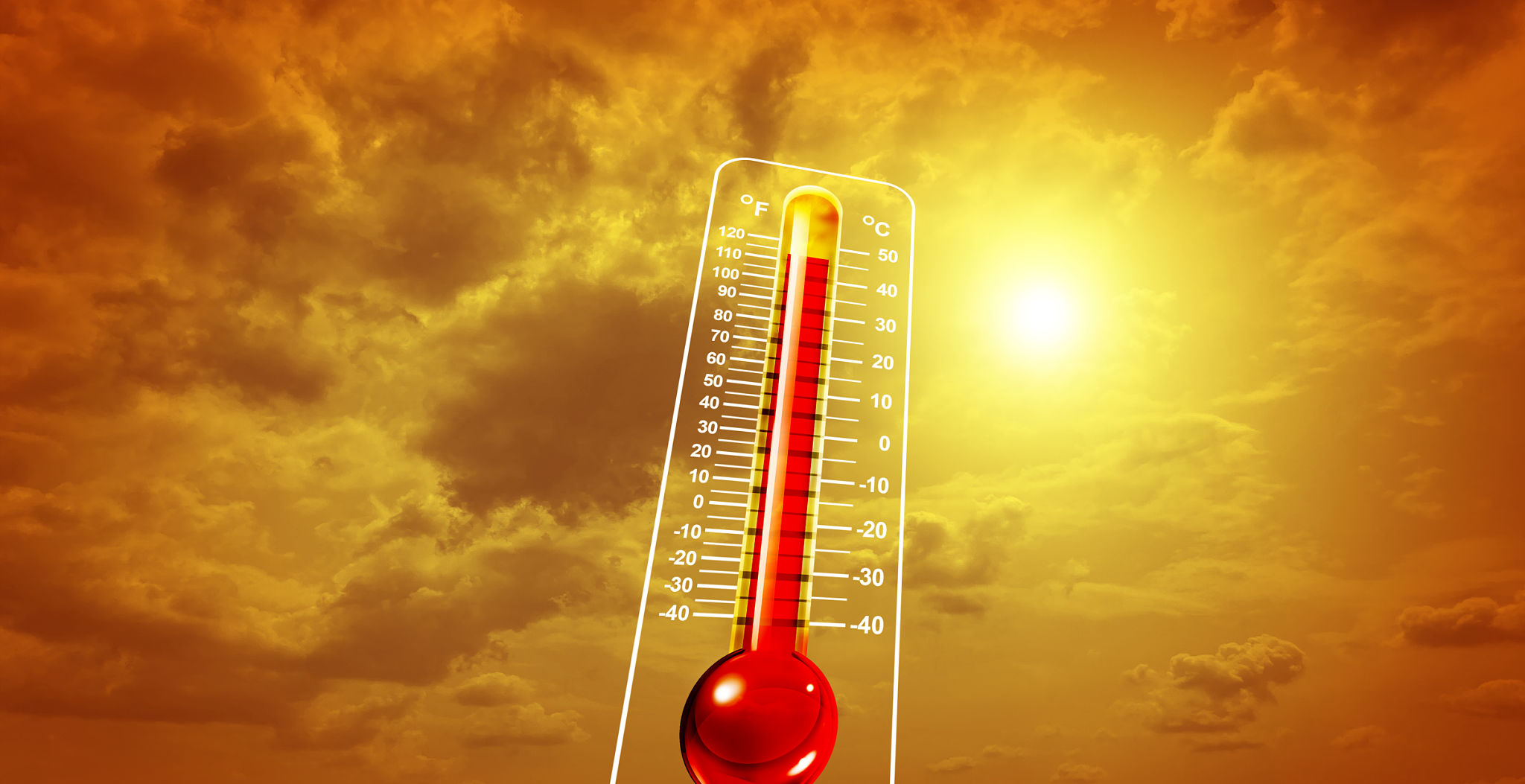Understanding WA's Unique Climate: Choosing the Right HVAC System
Understanding Washington State's Diverse Climate
Washington State is known for its diverse climate, ranging from the wet and temperate weather of the coastal regions to the arid conditions found in the eastern part of the state. This variety in climate means that choosing the right HVAC system is crucial for maintaining comfort and energy efficiency in your home or business.

Coastal Regions: Dealing with Dampness
The coastal areas of Washington, including cities like Seattle and Olympia, experience a significant amount of rainfall throughout the year. This persistent wetness can lead to high humidity levels, making it essential to select an HVAC system that can effectively manage moisture. A system with a built-in dehumidifier or one that can be paired with a standalone unit is often recommended.
Additionally, heat pumps are popular in these regions due to their ability to efficiently heat and cool homes in moderate climates. They work by transferring heat rather than generating it, making them an energy-efficient choice for homeowners.
Eastern Washington: Embracing the Extremes
In contrast, Eastern Washington experiences a more extreme climate with hot summers and cold winters. Cities like Spokane and the Tri-Cities need HVAC systems that can handle significant temperature fluctuations. Here, a traditional furnace paired with a central air conditioner might be more suitable.

For those looking to maximize efficiency, a dual-fuel system could be the answer. These systems combine the efficiency of a heat pump with the power of a gas furnace, automatically switching between the two depending on the outside temperature.
Energy Efficiency: A Universal Priority
No matter where you are in Washington, energy efficiency should be a priority when choosing an HVAC system. Not only does this help reduce your carbon footprint, but it can also lead to significant cost savings on your energy bills.
When shopping for an HVAC unit, look for systems with a high Seasonal Energy Efficiency Ratio (SEER) rating for air conditioning and a high Annual Fuel Utilization Efficiency (AFUE) rating for furnaces. These ratings indicate the efficiency of the system in converting energy into heating or cooling power.

Smart Technology: The Future of HVAC
Integrating smart technology into HVAC systems is becoming increasingly popular. Smart thermostats allow you to control your system remotely, learn your schedule, and adjust settings automatically to optimize comfort and energy use. This technology is especially beneficial in a state like Washington, where weather conditions can change rapidly.
By investing in a smart HVAC system, you not only enhance your comfort but also ensure that your home or business is running as efficiently as possible.
Professional Installation and Maintenance
The importance of professional installation cannot be overstated. An improperly installed HVAC system can lead to inefficiencies and even damage over time. Hiring a certified technician ensures that your system is set up correctly and operates at its best.
Regular maintenance is equally important. Routine checks can prevent minor issues from becoming major problems, prolonging the lifespan of your HVAC system and maintaining its efficiency.
Understanding Washington's unique climate is the first step in choosing the right HVAC system. Whether you're dealing with coastal dampness or desert-like dryness, selecting an appropriate system will keep your home comfortable year-round while maximizing energy savings.